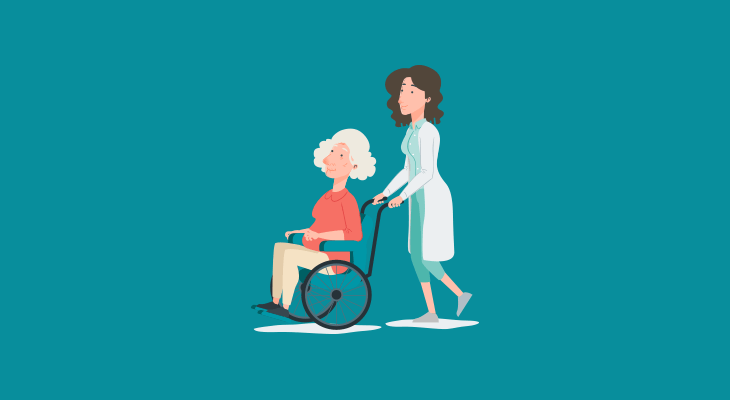Hard, soft… there are so many qualifiers when it comes to talking about falls in the elderly depending on whether the person falls suddenly or slips against a wall or leans on a chair before falling.
Here are some figures that show the need to prevent these falls:
- They are the number one cause of death in elderly people
- 20% require hospitalisation
- 9% cause a fracture (mostly of the femur neck)
- 40% of elderly people are referred to specialist institutions after a fall
These falls affect one in three seniors over the age of 65 each year.

Fortunately, there are solutions. These include fall detectors, for example, which come in different forms (e.g. bracelets, watches). These solutions make it possible to detect an impact, followed by a time of inactivity in the elderly person, and are very reactive.
However, while they perform very well, fall detectors are often limited to the detection of hard falls, and are much less effective in the case of soft falls.
In addition, if the elderly person does not wear their fall detector, then they are not protected. The AFRATA figures clearly highlight this limit. Around 50% of these systems are not used, whether through forgetfulness or fear of being stigmatised.
The Otono-me innovative remote assistance solution is thus a good means of supplementing the action of fall detectors. Discreet sensors are installed in the elderly person’s home. These sensors do not film and do not record the elderly person, maintaining their privacy. If the user forgets to wear their fall detector, Otono-me notices and automatically alerts an assistance platform, available 24/7, that will know what decision to make in the event of any unusual behaviour detected (e.g. fall or illness).

